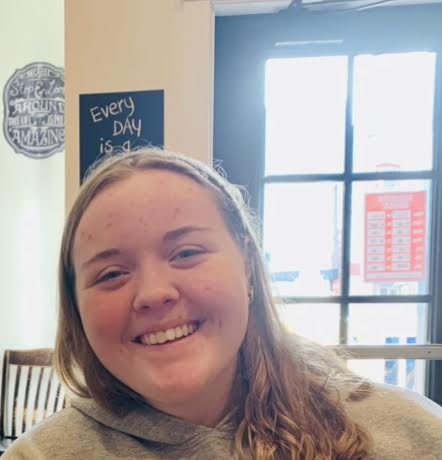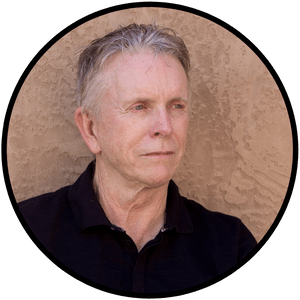 Like most of my friends as well as the entire planet, the easiest way for not volunteering or committing to do something is to say, “really sorry, but my time is not my own.” This usually calms feelings of disappointment, and for me it’s always the truth. As a society, we generally find it hard to say “no.” Yet we’re already stretched thin by work, personal responsibilities, putting out fires, and taking care of mind and body. Common sense about survival fails to come to our rescue.
0 Comments
Like most of my friends as well as the entire planet, the easiest way for not volunteering or committing to do something is to say, “really sorry, but my time is not my own.” This usually calms feelings of disappointment, and for me it’s always the truth.
As a society, we generally find it hard to say “no.” Yet we’re already stretched thin by work, personal responsibilities, putting out fires, and taking care of mind and body. Common sense about survival fails to come to our rescue. iOn the rare occasion someone asks me how I get my ideas for a novel, I politely say, “It’s hard to explain. Everyone’s different. It’s complicated.”
When I was a teenager I wrote about my emotions. In college I pretended I was William Faulkner. Drafted in the army in the Vietnam era, I read books like Catch-22 and The Naked and the Dead. I didn’t write anything of my own, but I met people I never imagined existed. I never forgot them. Eventually them became characters in my stories. In my late twenties, returning with my wife and children from a Club Med trip, I published my first novel. It was called Club Caribe. In my thirties, living in Manhattan, shopping at Bloomingdales a lot, I renamed the store Abingdon’s and it became my second novel and a best seller. It was pure genre. In my forties, working an intense day-job, I had years of writer’s block but managed to publish some page-turners, echoing my interests in sports, politics, horse racing, and my time in the army. I also wrote five or six novels that never found a publisher. In my fifties, more young adult fiction, adaptations, biographies, and self-help books got published. My writer’s voice, unfortunately, was inconsistent. In my sixties, leaving my day-job, I stumbled on a new voice. It was complicated, messy, and sometimes unbearable. My story telling became more confident, and dug deeper into character and theme. My writing style focused on brevity to make complex shifts in plot and character, which were increasingly three-dimensional. I no longer wrote genre fiction because my life—everyone's life—is not formulaic. Today, I don’t care so much about sales. I do like when intelligent readers comment on my work. Being compared to other writers is, well, ridiculous. I respect everyone’s journey, because each one is its own novel. I remember the significant outcry in 2016 when Colin Kaepernick took a knee during the National Anthem, protesting racial injustice. The nerve of an athlete using his knee to desecrate our beloved anthem, many said. Last year, a video showed a police officer planting his knee on George Floyd's neck, suffocating him to death. The victim was a troublemaker, said many of the same people irate with Kaepernick. This year, one of the rioters storming the Capitol, bending over if not quite kneeling, used an American flag pole to beat a police officer nearly to death. The rioter was protesting the results of an election. The response I heard from a vast number of “patriots" was an eerie, haunting silence.
|
MRF BlogMichael's thoughts on writing, politics and everything in between. Archives
November 2023
Categories
All
|
|
Michael R. French graduated from Stanford University where he was an English major, focusing on creative writing, and studied under Wallace Stegner. He received a Master's degree in journalism from Northwestern University. He later served in the United States Army before marrying Patricia Goodkind, an educator and entrepreneur, and starting a family.
|


